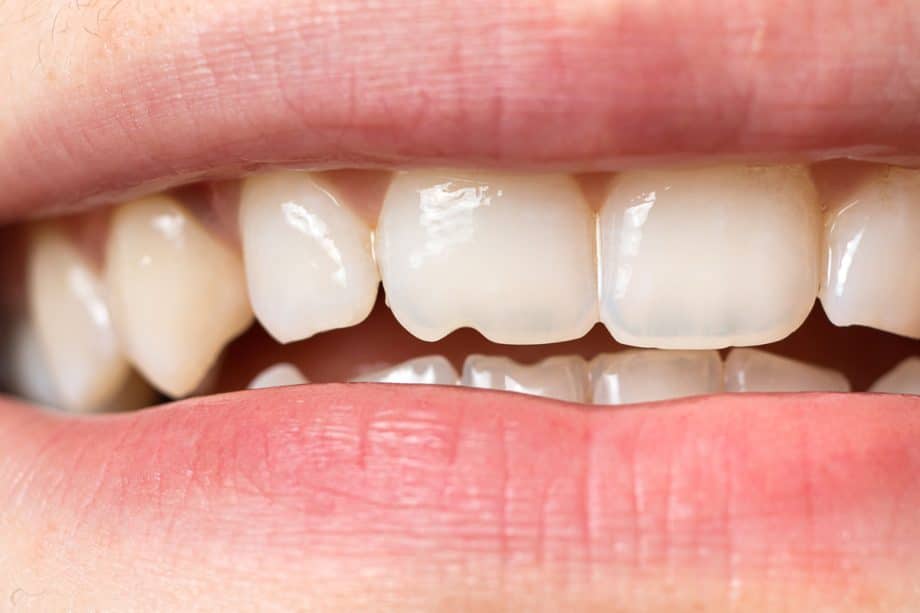Have you noticed white spots on your teeth and wondered what caused them? You're not alone—many people experience this dental issue, which can affect both the appearance and health of their smile. These white spots may seem insignificant at first, but they can often point to underlying issues that deserve attention. Understanding their causes and the variety of treatment options available is crucial for not only restoring your smile but also protecting your dental health in the long run.
At Sachi & Co. Dentistry, we aim to empower our patients with the knowledge they need to make informed choices about their oral health. That’s why we’re here to help you understand what white spots on teeth mean, how they develop, and what you can do to treat and prevent them.
What Causes White Spots on Teeth?
White spots on teeth can develop due to a variety of reasons, ranging from environmental factors to personal habits. Identifying the root cause is essential in determining the most effective treatment. Some of the common causes of white spots include:
- Fluorosis: Overexposure to fluoride, particularly during childhood when teeth are developing, can result in white stains or mottling on the enamel. While fluoride is essential for strengthening teeth, too much exposure can lead to these visible marks.
- Demineralization: Plaque buildup on teeth can cause the loss of minerals in the enamel, leading to white spots, especially around orthodontic appliances like braces. These spots are a result of enamel weakening and can worsen over time if not addressed.
- Poor Nutrition: A diet lacking in essential nutrients such as calcium, phosphorus, and vitamin D can interfere with proper tooth development and enamel health. This deficiency can leave teeth vulnerable to discoloration and white spots.
- Enamel Hypoplasia: This condition occurs when the enamel does not form properly during development, often due to illness, medication, or nutritional deficiencies during childhood. It can leave teeth with a patchy, uneven appearance.
- Dry Mouth (Xerostomia): Insufficient saliva production can reduce the natural remineralization process of your teeth, creating an environment where white spots may form. Saliva plays a crucial role in keeping your enamel healthy and strong.
By identifying the specific cause of your white spots, your dentist can recommend a tailored treatment plan designed to restore both the health and appearance of your teeth.
Are White Spots a Sign of Tooth Decay?
Not all white spots are caused by tooth decay, but in some cases, they can be an early warning sign. When enamel becomes demineralized due to acid-producing bacteria, white spots may appear as the first stage of decay. These spots signal that the tooth surface is weakening, which, if left untreated, could progress into cavities or other serious dental problems.
Early detection is key. White spots caused by demineralization can often be reversed or treated effectively if caught in time. Regular dental checkups and proper oral hygiene practices play a critical role in preventing tooth decay and addressing its early indicators, including white spots.
Treatment Options for White Spots
The good news is that white spots on teeth are treatable, with several effective options available depending on their cause and severity. Some of the most common treatments include:
- Professional Teeth Whitening: Whitening treatments can help even out the color of your teeth, minimizing the appearance of white spots and creating a more uniform smile.
- Enamel Microabrasion: This procedure gently removes a thin layer of enamel to smooth out superficial white spots, giving your teeth a more polished look.
- Remineralization Treatments: Dentists can apply fluoride or calcium-based products to restore minerals to weakened enamel, improving the health and appearance of your teeth over time. (Please Mention the specific treatment we offer: Curodont /hydroxyapatite it is a newer ADA code that can be billed to insurance though they may not offer coverage)
- ICON Resin Infiltration: A newer treatment option, this minimally invasive procedure uses resin to penetrate and fill white spots, blending them seamlessly with the surrounding enamel.
Each of these treatments comes with its own benefits, and your dentist will help you decide which option is best suited to your specific case.
Can Cosmetic Dentistry Help?
When traditional treatments don’t fully address white spots, cosmetic dentistry offers advanced solutions for more comprehensive results. These procedures go beyond surface-level fixes to completely enhance your smile:
- Veneers: Thin, custom-made shells are bonded to the front of your teeth to cover imperfections like white spots, stains, or chipped enamel. Veneers can give you a flawless, long-lasting smile with a natural look.
- Bonding: This process involves applying tooth-colored resin to the affected areas, effectively concealing white spots and restoring the tooth’s appearance. Bonding is a quick and affordable option for improving your smile.
Cosmetic dentistry not only eliminates white spots but also boosts your overall confidence by giving you a brighter, more harmonious smile. Working with an experienced dentist ensures these treatments are tailored to your unique needs and goals.
Preventing White Spots in the Future
The best way to deal with white spots is to prevent them from forming in the first place. Here are a few simple yet effective steps to protect your teeth and maintain a healthy smile:
- Practice Good Oral Hygiene: Brush and floss daily to remove plaque buildup that can lead to demineralization and white spots.
- Use Fluoride Wisely: While fluoride is essential for strong enamel, excessive use can cause fluorosis. Use fluoride toothpaste in moderation and follow your dentist’s recommendations.
- Maintain a Balanced Diet: Eat a diet rich in calcium, phosphorus, and vitamin D to support healthy teeth and enamel development.
- Stay Hydrated: Drink plenty of water to encourage saliva production and keep your teeth naturally remineralized.
- Visit Your Dentist Regularly: Routine checkups and professional cleanings help catch potential issues early and keep your teeth in top shape.
By following these preventative measures, you can reduce your risk of developing white spots and maintain a bright, healthy smile for years to come.
A Confidence-Boosting Smile
White spots on teeth may seem like a cosmetic nuisance, but they can often be a sign of deeper dental concerns. Fortunately, modern treatments and preventative care make it possible to both address existing spots and prevent new ones from forming. At Sachi & Co. Dentistry, we’re committed to helping our patients achieve smiles they can feel proud of.
From diagnosis to personalized care plans, our team is here to guide you through every step of your dental journey. Don’t let white spots hold you back—schedule a consultation with us today and take the first step toward a brighter, healthier smile!
Frequently Asked Questions About Cosmetic Dentistry
What are the benefits of cosmetic dentistry for white spots on teeth?
Cosmetic dentistry provides long-lasting solutions for white spots by addressing both appearance and function. Options like veneers and bonding not only conceal discoloration but also strengthen and protect your teeth, ensuring a beautiful and durable smile.
Is cosmetic dentistry safe for treating white spots?
Yes, cosmetic dentistry procedures are safe and performed routinely. When you work with a skilled dentist, treatments are carefully tailored to minimize risks and achieve the best possible outcome for your dental health and aesthetics.
At Sachi & Co. Dentistry, we’re passionate about transforming smiles with personalized care and advanced treatments. Whether you’re looking for cosmetic solutions or expert guidance, we’re here to help. Contact us to begin your smile transformation today!


